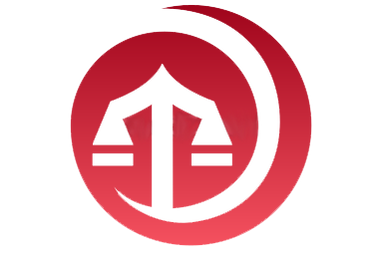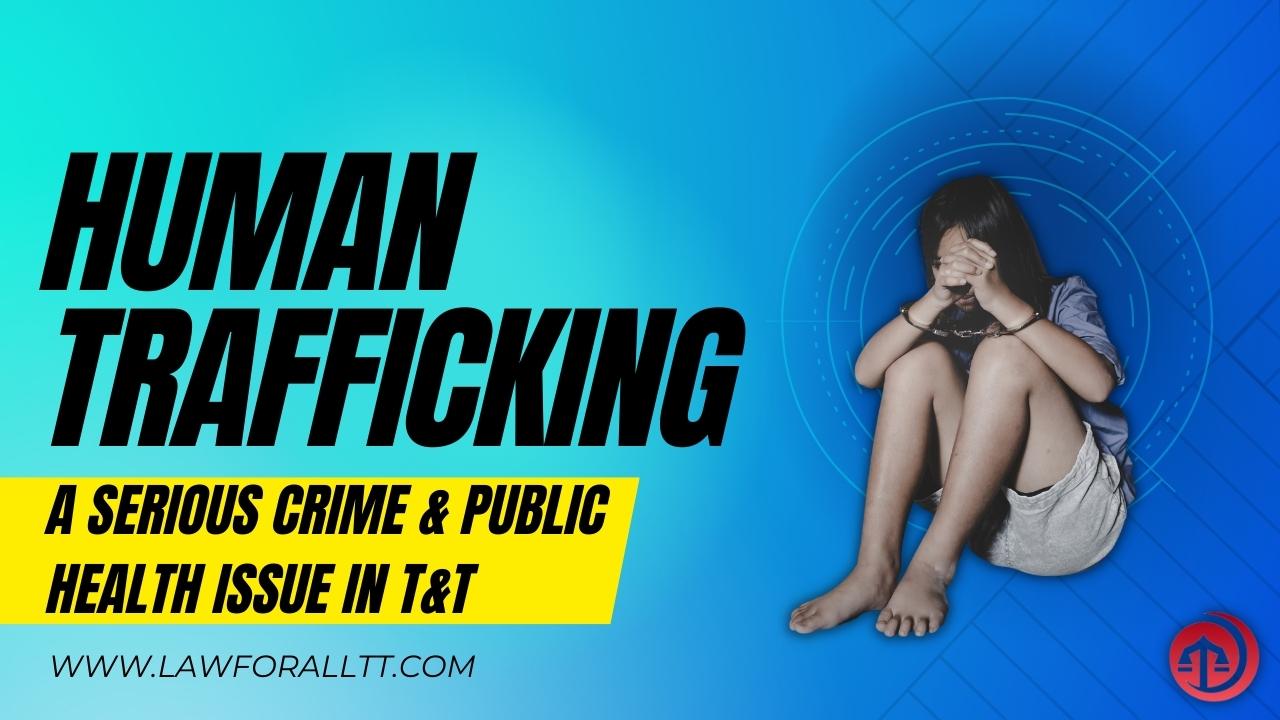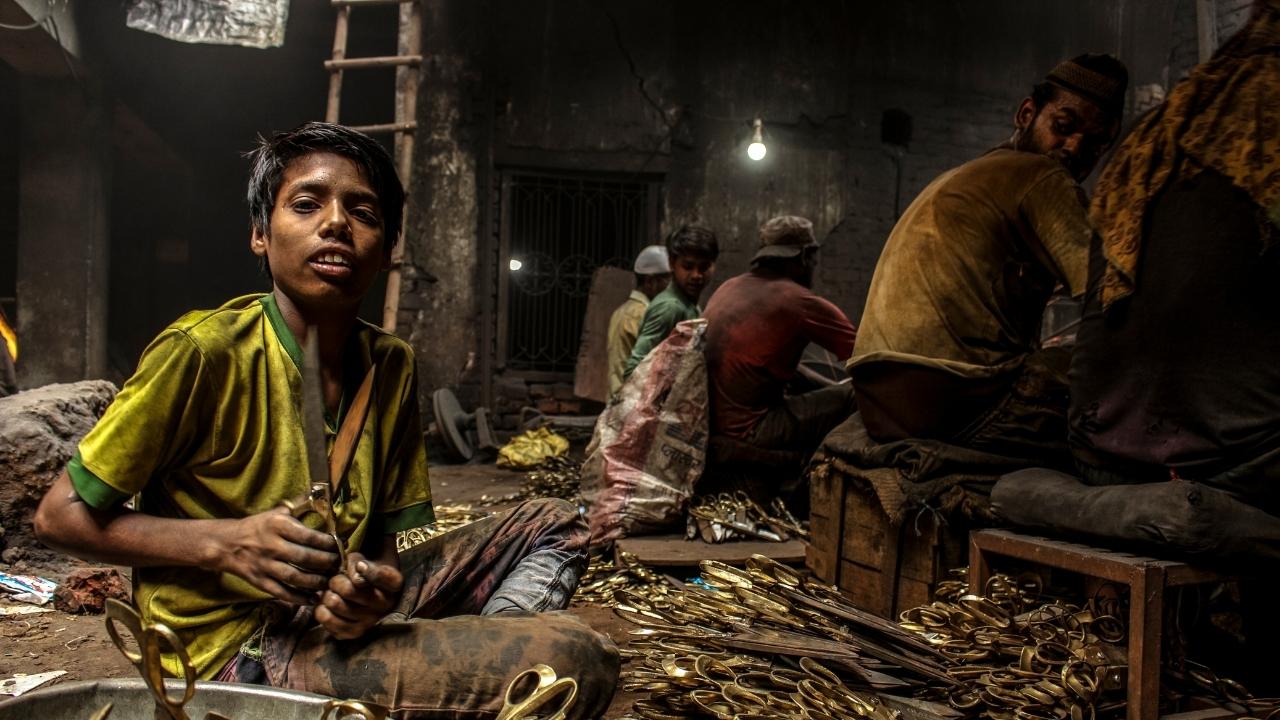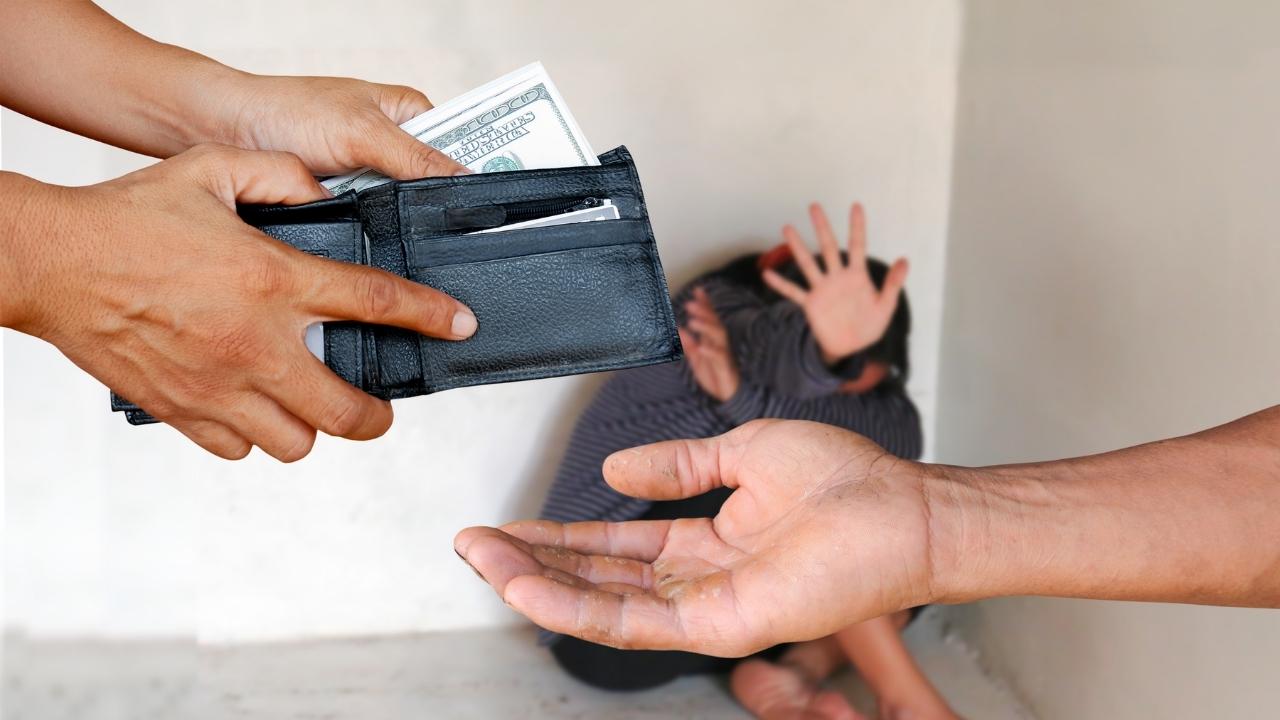|
Social Development and Family Services Donna Cox recently stated that citizens must acknowledge that “human trafficking is both a serious crime and a public health issue.” The prevalence of human trafficking in T&T is often reflected in our local news stories. Most recently a Venezuelan man was charged with a series of human trafficking related offences after he was arrested by police in Santa Flora, Trinidad. But what exactly is human trafficking? Where is it likely to happen? Who are the most vulnerable to this kind of crime? And what are the legal consequences of trafficking persons in T&T?
What is Human Trafficking?
Every year, millions of men, women, and children are trafficked worldwide - including right here in Trinidad and Tobago. According to the Trafficking In Persons Act Chapter 12:10 “trafficking in persons” means the recruitment, transportation, transfer, harbouring or receipt of persons by means of the threat or use of force or other forms of coercion, abduction, fraud, deception, the abuse of power, the abuse of a position of vulnerability or the giving or receiving of payment or benefits to achieve the consent of a person having control over another person, for the purpose of exploitation. According to section 16 of the Trafficking in Persons Act Chapter 12:10 a person commits the offence of trafficking where such person, for the purpose of exploitation— (a) recruits, transports, transfers, harbours or receives persons into or within Trinidad and Tobago; (b) recruits, transports or transfers persons from Trinidad and Tobago to another jurisdiction; (c) receives persons from Trinidad and Tobago into another jurisdiction; or (d) harbours persons from Trinidad and Tobago in another jurisdiction, by means of-- (i) threats or the use of force or other forms of coercion; (ii) abduction; (iii) fraud or deception; (iv) the abuse of power or the abuse of a position of vulnerability; or (v) the giving or receiving of payment or benefits to achieve the consent of a person having control over another person, Pursuant to the Trafficking In Persons Act Chapter 12:10 “abuse of a position of vulnerability” includes— (a) such abuse that a person would reasonably believe that he has no alternative but to submit to the labour or service demanded of him; (b) taking advantage of the vulnerabilities of a person resulting from— (i) the person having entered the country illegally or without proper documentation; (ii) pregnancy; (iii) physical or mental disease or disability of the person, including addiction to the use of any substance; or (iv) reduced capacity to form judgments by virtue of being a child; What are the most common types of human trafficking? The 3 most common types of human trafficking are sex trafficking, forced labor, and debt bondage. Forced labor, also known as involuntary servitude, is the biggest sector of trafficking in the world. Debt bondage is another form of human trafficking in which an individual is forced to work in order to pay a debt. While, sex trafficking disproportionately affects women and children and involves forced participation in commercial sex acts. Where does it happen? Human trafficking happens everywhere. It is both a domestic and global crime issue, with victims trafficked within their own country, to neighbouring countries and between continents. It exists in big cities, small towns and even rural areas.
Who is being trafficked?
The perception is that human trafficking often involves women and girls being forced into prostitution. This is just one aspect of human trafficking. Survivors of trafficking also include men and children, and these survivors are exploited by any number of means. Victims may be forced into any of the following types of labor, among others: • domestic servitude • agricultural work • manufacturing • janitorial services • hotel services • construction • health and elder care • hair and nail salons • prostitution • strip club dancing All nationalities and ethnic groups are vulnerable to human trafficking. Any given country may be a source of forced labor, a place of transit, or a destination. Some survivors are “mail-order” brides who believe they are going to a new country for marriage, but instead are enslaved. Others fall victim to fraudulent employment agencies and fake promises of education and job opportunities.
What are the legal consequences of trafficking persons in T&T?
A person who commits the offence of trafficking in persons or incites, organizes or directs another person to traffic in persons, is liable on conviction on indictment, to a fine of not less than $500,000 and imprisonment of not less than 15 years (according to section 16 and 17 of the Trafficking in Persons Act). A person who commits the offence of trafficking in children or incites, organizes or directs another person to traffic in children, is liable on conviction on indictment, to a fine of not less than $1,000,000 and imprisonment of not less than 20 years. (according to section 18 and 19 of the Trafficking in Persons Act). The court even has the power to impose higher sentences in aggravated circumstances (under section 21 of the Trafficking of Persons Act). The Court may impose an additional term of imprisonment of up to fifteen years if there is the presence of certain aggravating circumstances resulting from acts of the convicted person. For example, if the trafficked person suffered serious bodily injury, or permanent or life-threatening injury or a sexual assault was committed against the trafficked person. What are some indicators that a person may be a victim of human trafficking? Some indicators that a person may be a victim of human trafficking include:
Important Notice: This post does not constitute legal advice. Always consult with an attorney on any legal problem or issue. This website is managed by AURORA Chambers; a law practice in Trinidad and Tobago. Click HERE to receive updates straight to your inbox by subscribing to our newsletter.
0 Comments
Leave a Reply. |
Categories
All
Archives
June 2024
|
LawForAllTT.com |
|






 RSS Feed
RSS Feed